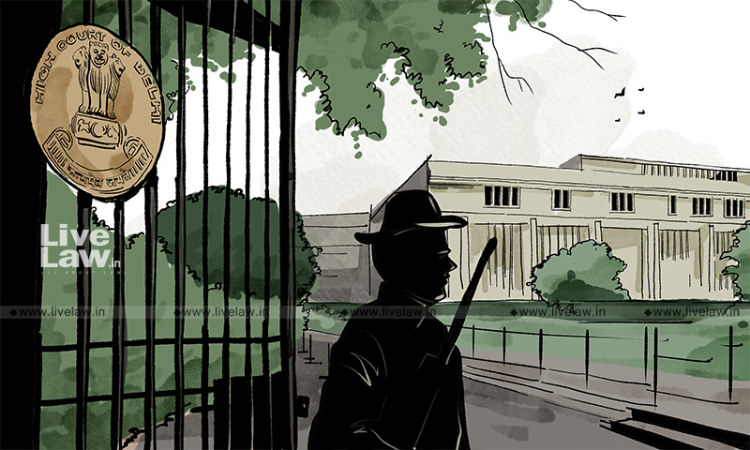Applying law is not akin to solving a mathematical theorem, it cannot be done in isolation, the Delhi High Court has observed. “As the people of the State are affected by these legal decisions, a rigid and mathematical application of the law may lead to disastrous outcomes. For instance, if a person is the sole provider for their family and serves as the head of the household, sending them...

